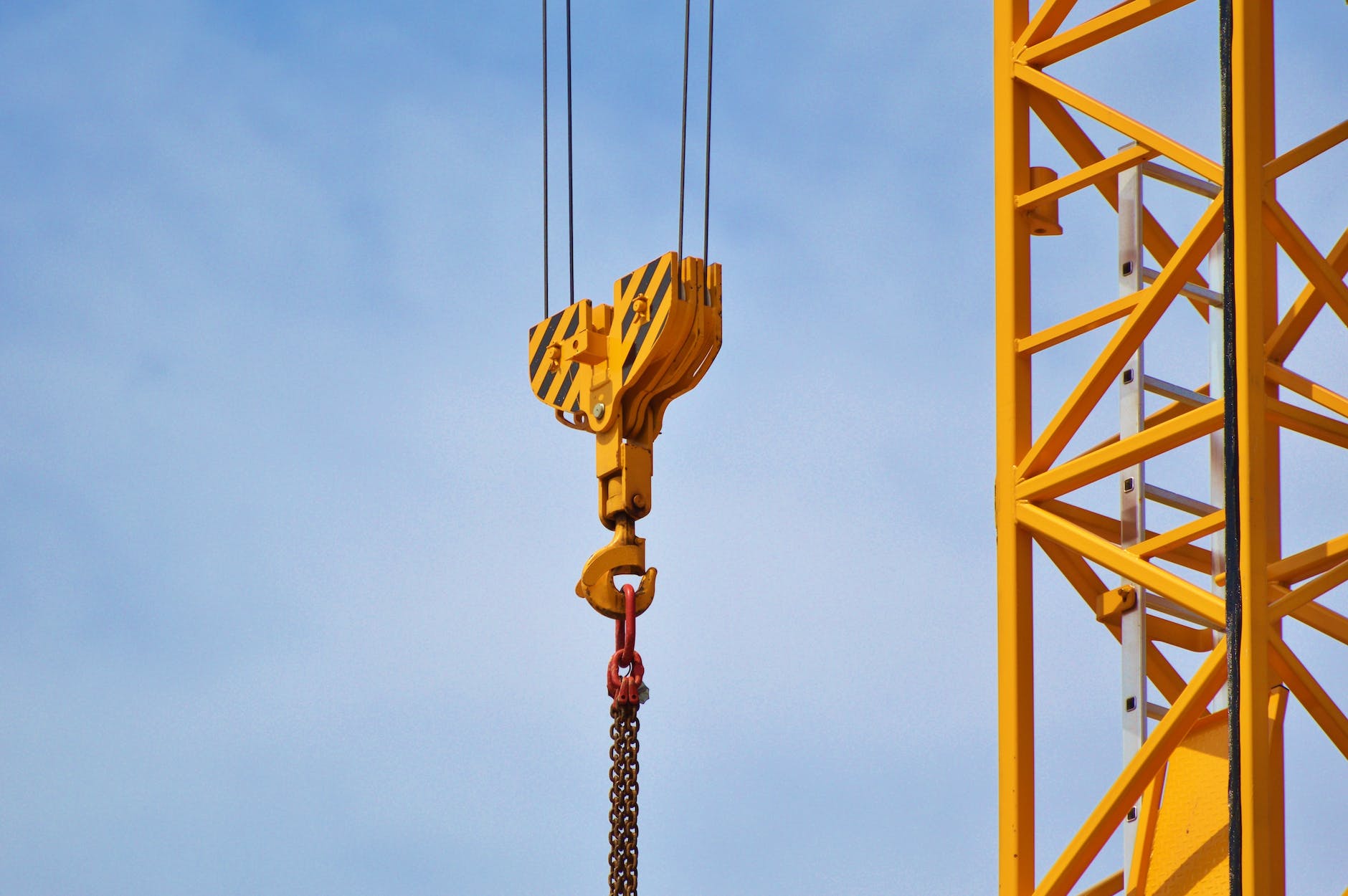
New Crane
Operating a crane requires precision, focus, and an in-depth understanding of safety protocols. Training new crane operators to meet these stringent demands is an intricate task. However, by following specific steps, trainers can ensure a comprehensive learning experience for new operators, enhancing their skills and abilities.
Emphasize Safety First
As with any heavy machinery, safety is paramount when operating cranes. Instructors should begin the training by instilling a safety-first mindset. Trainees must understand the importance of pre-operational checks, proper rigging, and safe working limits.
Introduce Machine Controls
Once safety measures are ingrained, familiarize operators with the crane controls. Break down each function in a clear and comprehensible manner. Remember, proficiency comes with practice, so patience and repetition are key.
Provide Hands-on Learning
Nothing substitutes actual hands-on experience in operator training. Trainees must get ample time to control and operate the crane under close supervision. Practice not only improves skills but also boosts confidence.
Leverage a Simulator
Technology has paved the way for innovative training methods; a crane simulator is an excellent example. These virtual reality platforms provide a risk-free environment to learn and practice. Plus, trainers can program specific scenarios to enhance operators’ problem-solving skills.
Highlight Communication Importance
Crane operation is not a one-person job. Operators must effectively communicate with ground crew and other site personnel. Reinforce this aspect of the job in training, focusing on verbal and non-verbal cues.
Teach Load Calculation
Understanding how to calculate the load correctly is vital. Inadequate or inaccurate load calculation can result in serious accidents. Therefore, this topic should be thoroughly taught and revisited frequently during training.
Encourage Teamwork
Crane operation requires cohesive teamwork. Training sessions should incorporate exercises that promote cooperation and understanding among crew members. This approach not only enhances communication but also fosters a healthy work environment.
Explain Equipment Maintenance
Preventive maintenance is critical in crane operation. Trainers should teach new operators how to inspect their equipment routinely and spot potential issues. This practice prolongs the life of the machinery and prevents accidents.
Incorporate Problem-Solving Exercises
Unexpected situations often arise in crane operations. Training should equip operators with the skills to handle such scenarios. Include problem-solving exercises in the training program to improve their decision-making skills.
Promote Responsibility and Accountability
Being a crane operator comes with a high degree of responsibility. Trainees must understand the implications of their actions on the overall project and their crew’s safety. By emphasizing this, you foster a sense of accountability and professionalism.
Practice in Different Weather Conditions
Weather plays a significant role in crane operation. Trainees should be allowed to practice in various weather conditions to learn how to adapt and respond. Remember safety should always remain the top priority during these exercises.
Teach the Use of Safety Gear
Safety gear is as crucial as knowing how to operate the crane properly. Trainees should learn how to wear and use personal protective equipment (PPE). They should also understand why it’s essential to their safety.
Set Realistic Training Goals
Setting attainable goals throughout the training can boost trainees’ confidence. It allows them to measure their progress and strive for improvement. Remember, each operator learns at a different pace, so personalized goals might be beneficial.
Provide Continuous Feedback
Providing constructive feedback throughout the training process is essential. It helps new operators identify their strengths and areas for improvement. Make feedback a regular part of the training process, encouraging open communication.
Emphasize Compliance with Standards
Adherence to standards and regulations is non-negotiable in crane operations. Ensure the trainees understand the critical industry and local safety standards they must adhere to. Knowledge of these rules ensures compliance and helps maintain a safe working environment.
It is your responsibility to stay updated on any changes in regulations. Relaying this information to your operators will keep them engaged and motivated. The time invested in monitoring these changes will be worth it.
Foster a Culture of Learning
Crane operation is a profession where continuous learning is vital. Encourage trainees to remain curious, ask questions, and keep up-to-date with industry trends and safety practices. This will enhance their skills and improve their long-term success as crane operators.
Training new crane operators is a complex but rewarding process. By incorporating these tips, trainers can create a comprehensive, practical, and engaging training program.






